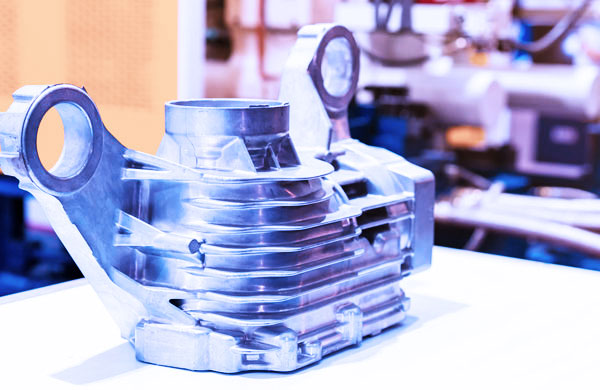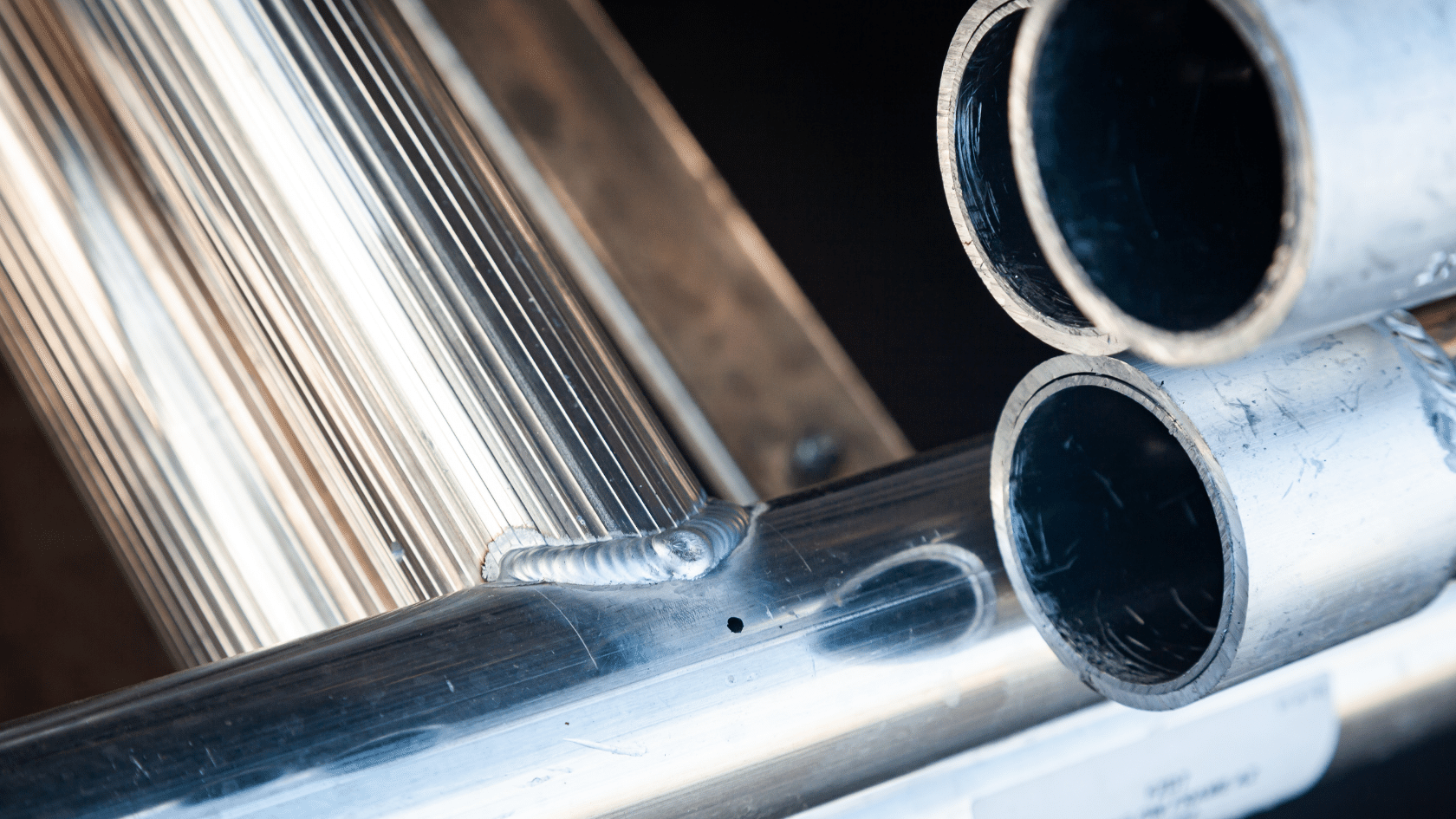Examine This Report about Alcast Company
Examine This Report about Alcast Company
Blog Article
The Single Strategy To Use For Alcast Company
Table of ContentsThe Main Principles Of Alcast Company About Alcast CompanyGetting My Alcast Company To WorkThe Buzz on Alcast CompanyMore About Alcast CompanyAn Unbiased View of Alcast Company
The refined distinction depends on the chemical web content. Chemical Comparison of Cast Aluminum Alloys Silicon promotes castability by lowering the alloy's melting temperature level and improving fluidity during casting. It plays a crucial role in enabling detailed mold and mildews to be filled up accurately. In addition, silicon adds to the alloy's stamina and put on resistance, making it beneficial in applications where longevity is vital, such as automobile components and engine elements.It likewise improves the machinability of the alloy, making it simpler to process right into finished items. In this way, iron adds to the total workability of light weight aluminum alloys.
Manganese contributes to the strength of aluminum alloys and enhances workability. Magnesium is a lightweight aspect that supplies strength and influence resistance to aluminum alloys.
The Basic Principles Of Alcast Company
Zinc enhances the castability of light weight aluminum alloys and helps control the solidification procedure throughout casting. It improves the alloy's stamina and firmness.

The primary thermal conductivity, tensile strength, return strength, and elongation vary. Amongst the above alloys, A356 has the greatest thermal conductivity, and A380 and ADC12 have the most affordable.
Not known Incorrect Statements About Alcast Company

In accuracy spreading, 6063 is well-suited for applications where elaborate geometries and top notch surface finishes are critical. Examples consist of telecommunication enclosures, where the alloy's superior formability enables sleek and cosmetically pleasing styles while keeping structural integrity. Likewise, in the Lighting Solutions market, precision-cast 6063 elements develop classy and efficient lights fixtures that need intricate shapes and excellent thermal efficiency.
It results in a better surface area coating and much better deterioration resistance in A360. In addition, the A360 shows premium elongation, making it excellent for facility and thin-walled components. In accuracy spreading applications, A360 is well-suited for sectors such as Consumer Electronic Devices, Telecommunication, and Power next Devices. Its improved fluidness permits intricate, high-precision elements like mobile phone cases and communication tool real estates.
Alcast Company Fundamentals Explained
Its special buildings make A360 a valuable option for precision casting in these markets, improving item durability and top quality. Light weight aluminum alloy 380, or A380, is a commonly made use of spreading alloy with several distinctive qualities. It offers outstanding castability, making it an excellent option for accuracy casting. A380 shows excellent fluidness when molten, guaranteeing elaborate and thorough mold and mildews are accurately reproduced.
In precision spreading, light weight aluminum 413 radiates in the Customer Electronics and Power Devices sectors. It's generally made use of to craft complex parts like mobile phone housings, electronic camera bodies, and power device cases. Its precision is remarkable, with limited resistances as much as 0.01 mm, making sure flawless item setting up. This alloy's remarkable corrosion resistance makes it a superb selection for outside applications, ensuring long-lasting, long lasting items in the pointed out markets.
The Alcast Company Ideas
The aluminum alloy you select will substantially impact both the spreading procedure and the residential properties of the final item. Since of this, you have to make your decision very carefully and take an enlightened method.
Identifying the most appropriate aluminum alloy for your application will suggest evaluating a wide variety of qualities. The initial classification addresses alloy attributes that impact the production procedure.
Not known Factual Statements About Alcast Company
The alloy you select for die casting directly affects several aspects of the spreading procedure, like just how simple the alloy is to deal with and if it is susceptible to casting defects. Hot cracking, also called solidification splitting, is a typical die spreading issue for light weight aluminum alloys that can cause internal or surface-level tears or splits.
Specific light weight aluminum alloys are extra vulnerable to warm cracking than others, and your option should consider this. One more common defect located in the die spreading of light weight aluminum is die soldering, which is when the cast sticks to the die wall surfaces and makes ejection hard. It can harm both the cast and the die, so you must try to find alloys with high anti-soldering residential properties.
Rust resistance, which is currently a notable feature of light weight aluminum, can differ significantly from alloy to alloy and is a necessary characteristic to take into consideration relying on the environmental conditions your item will certainly be subjected to (aluminum metal casting). Wear resistance is an additional residential property commonly sought in light weight aluminum items and can distinguish some alloys
Report this page